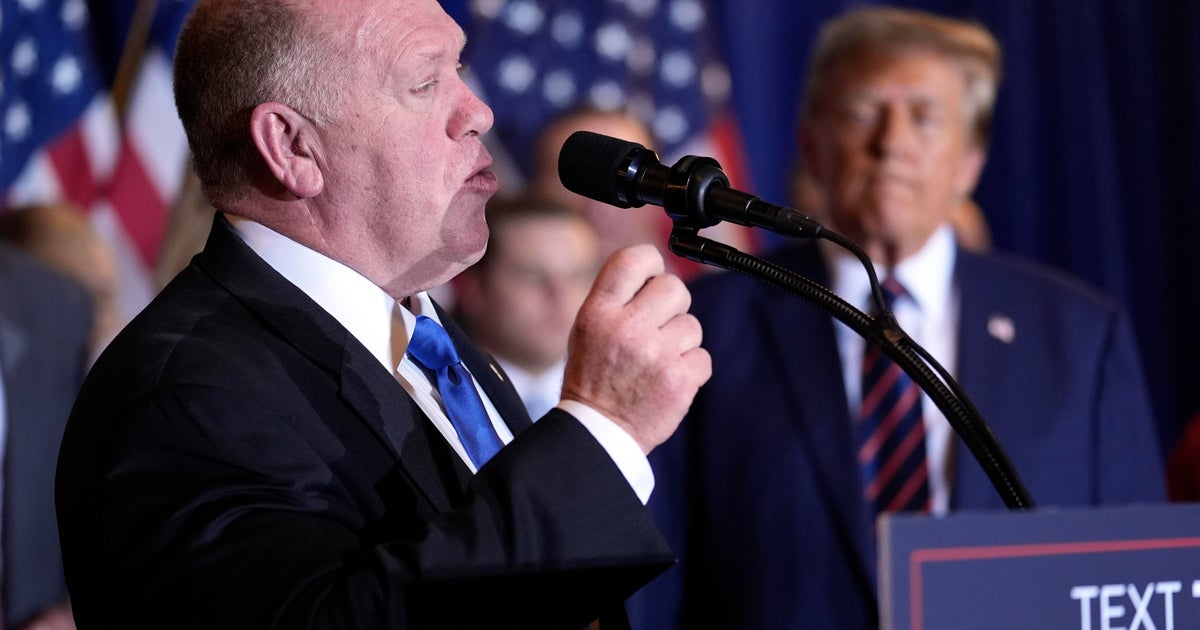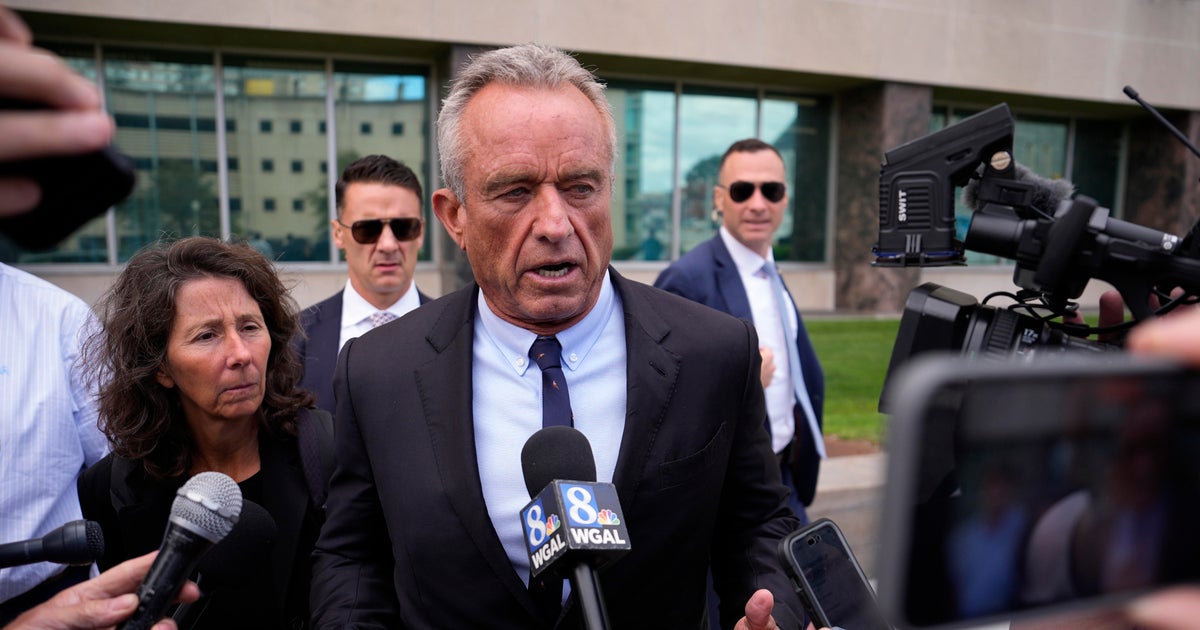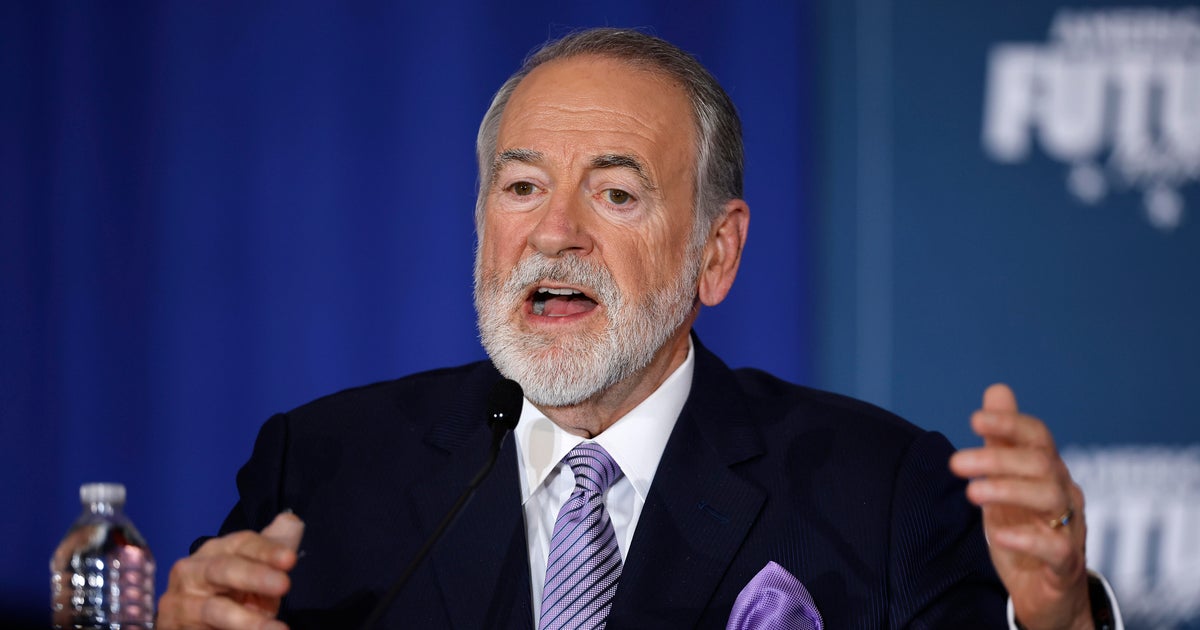Trump administration erases health care protections for transgender patients during Pride Month
Just two weeks into Pride Month — and on the anniversary of the Pulse nightclub shooting — the Trump administration announced that it is rolling back Obama-era health care protections for people who are transgender. The rule, announced Friday, will impact transgender patients' ability to fight against discrimination by doctors, medical facilities and health insurance providers.
Former president Barack Obama's administration changed federal health care guidelines in 2016 to expand sex-based protections based to include protections based on gender identity, "which may be male, female, neither, or a combination of male and female." His administration also pushed for discrimination protections for those who have had abortions.
But the Department of Health and Human Services (HHS) released a statement on Friday saying the final rule is based on "the plain meaning of the word 'sex' as male or female and as determined by biology."
"All of these are essentially legislative changes that the Department lacked the authority to make," the administration said of the 2016 changes in the final rule. "They purported to impose additional legal requirements on covered entities that cannot be justified by the text of Title IX, and in fact are in conflict with express exemptions in Title IX."
In the summary of the final rule, HHS responded to several comments that criticized the lack of protection for people who do not identify with the sex they were assigned at birth. In one response to the comments, HHS compared gender identity to political affiliation.
"For example, in the unlikely event that a healthcare provider were to deny services to someone based solely on his or her political affiliation, the Department would not be able to address such denial of care under Section 1557," HHS said. "Unlike other bases of discrimination, the categories of gender identity and sexual orientation (as well as political affiliation) are not set forth in those statutes."
The rule summary also argued that health care based on sex assigned at birth, rather than gender identity, is necessary for health care, and insinuated that transgender health care may be confusing for providers.
"The 2016 Rule risked masking clinically relevant, and sometimes vitally important, information by requiring providers and insurers to switch from a scientifically valid and biologically based system of tracking sex to one based on subjective self-identification according to gender identity," the summary said. "...The 2016 Rule's mandate cannot answer, for example, how a provider is to determine whether or when a transgender individual is entitled by law to be referred to a women's mental health support group, a men's mental health support group, either group, or both at the same time."
Roger Severino, director of the HHS Office for Civil Rights, maintained in the announcement that "HHS respects the dignity of every human being."
"...and as we have shown in our response to the pandemic, we vigorously protect and enforce the civil rights of all to the fullest extent permitted by our laws as passed by Congress," Severino said. "We are unwavering in our commitment to enforcing civil rights in healthcare."
Transgender individuals have long faced discrimination in health care. A quarter of the 28,000 individuals who took the U.S. Transgender Survey reported that they have experienced an insurance issue because of their gender identity. Even more respondents reported that they have experienced verbal harassment, been refused treatment, or had a health care provider who did not know how to properly treat transgender individuals.
Thousands of survey participants also reported they were denied routine health and sexual health screenings. Those who are transgender are more likely than the general U.S. population to be uninsured, according to the survey.
The American Civil Liberties Union quickly responded to the administration's announcement, writing on Twitter that the rule "will embolden health care discrimination against transgender people, those seeking reproductive health care, and many other individuals who need health care — all while a global pandemic is occurring."
"Politicians have no business coming between us and our health care," the organization added.
Many social media users, including Senator Chuck Schumer, noted that Friday's announcement came on the fourth anniversary of the Pulse nightclub mass shooting. In 2016, a gunman entered the gay club in Orlando, Florida, and murdered 49 people.
The announcement also came at the end of a week where two black transgender women were murdered. So far this year, at least 14 transgender or gender non-conforming individuals have been fatally shot or killed by other violent means in the U.S., according to the Human Rights Campaign.
The campaign said it plans to sue the Trump administration over the protection rollbacks.



